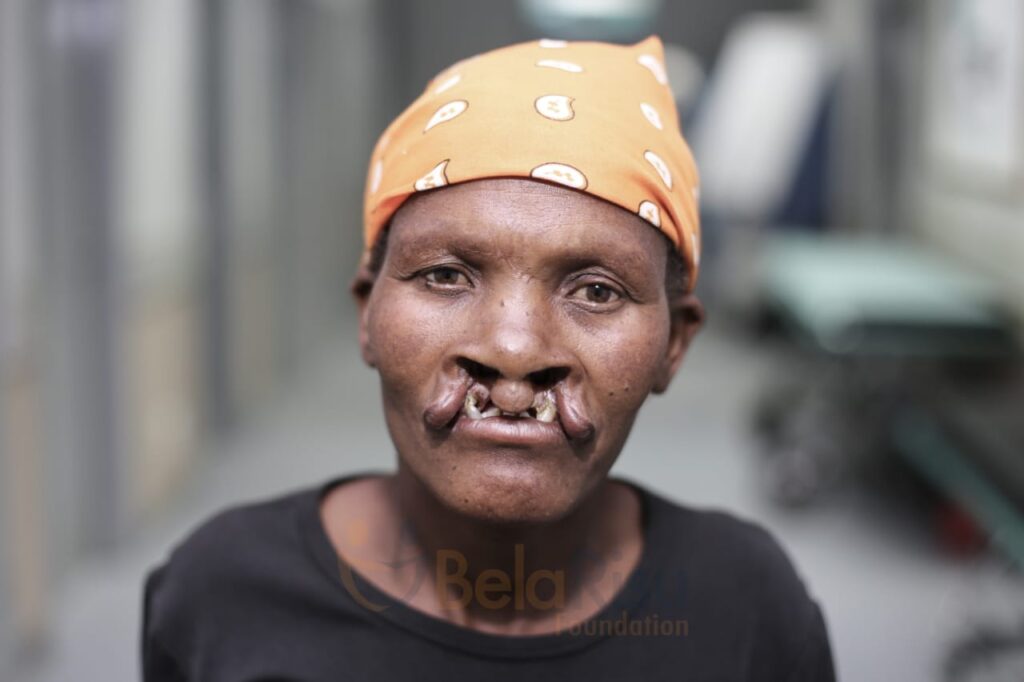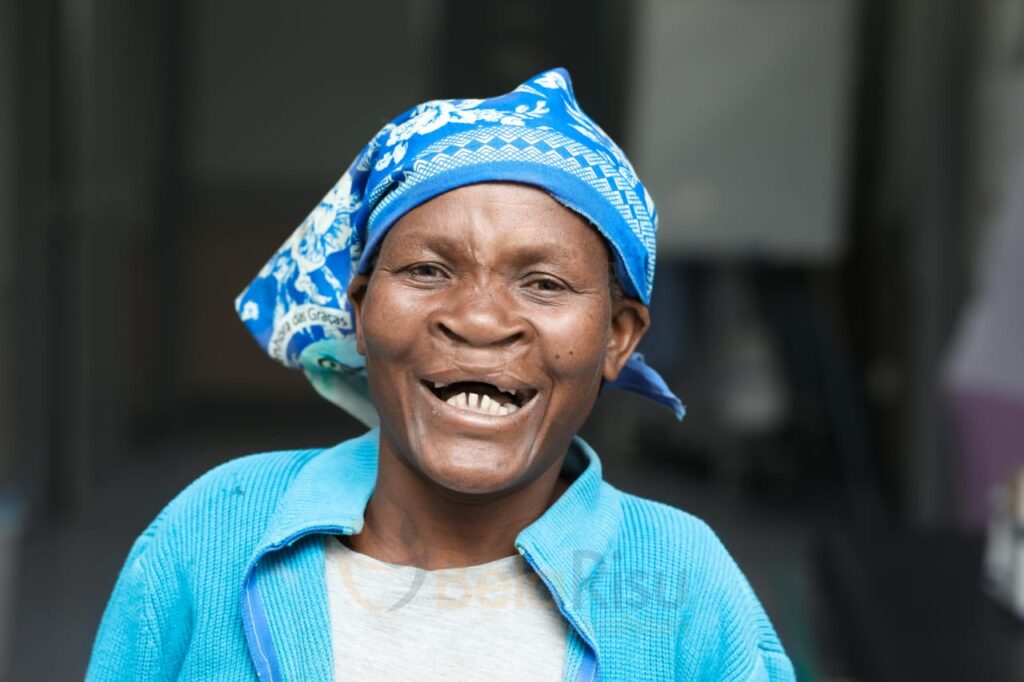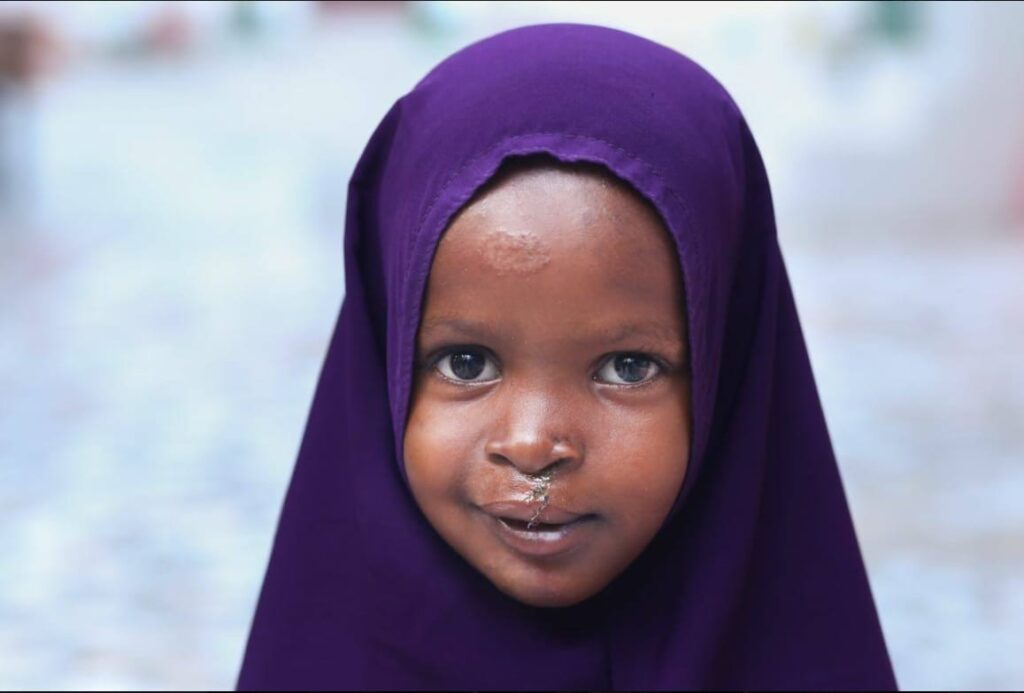HENNET takes Deliberate Steps in Quest to ensure Healthcare for All

By Shadrack Musumba
Health Nongovernmental Organizations Network (HENNET) in partnership with the Global Cleft Charity Group Smile Train has called on the Kenyan government to include persons born with cleft lip and palate in achieving Universal Health Coverage (UHC).
UHC means that all citizens can access promotive, preventive, curative, rehabilitative and palliative health care services they need and of sufficient quality to be effective, while also ensuring that the use of these services does not expose the user to financial hardship (WHO).
The target is that by the end of 2022, Kenyans can access affordable health care services.
This started with the UHC Pilot that was done for one year from December 2018 to December 2019 in four counties namely Isiolo, Nyeri, Machakos and Kisumu.
During the UHC Day marked on 12th December annually, Smile Train Program Director East Africa Jane Ngige Muturi said that over 200,000 children are born with a cleft globally annually while 17 million people die of preventable deaths due to neglected surgical diseases.

Before 
After
“To address the need for strengthening human resources for health, Smile Train offers training to the diverse professionals within the cleft ecosystem, empowering them to care for all patients. To create more robust surgical systems, Smile Train has been working with 22 partner hospitals in Kenya, 4 of which are public health facilities- Makueni County Referral Hospital, Meru Teaching and Referral Hospital, Moi Teaching and
Referral Hospital, Nyeri County Referral Hospital and Embu County Referral Hospital. Patients with cleft are not only able to receive free cleft surgery, but also comprehensive care including nutrition care and speech therapy treatment,” she stated.
HENNET CEO Mercy Onsando said Health CSOs in Kenya under the umbrella of HENNET conducted UHC consultations in July 2021 and the findings
demonstrated that such marginalized groups are often left behind.
“Several factors including lack of access to information regarding the available services, stigma, lack of
Human Resource for Health (HRH), finances, infrastructure, commodities, insufficient policies and legislative
frameworks hinder cleft lip and palate children from accessing Universal Health Care services,” she said.
It was noted during the webinar on the UHC day that 5 billion people lack access to safe affordable surgical and anesthesia care while 33 million face catastrophic expense after surgical care annually.






